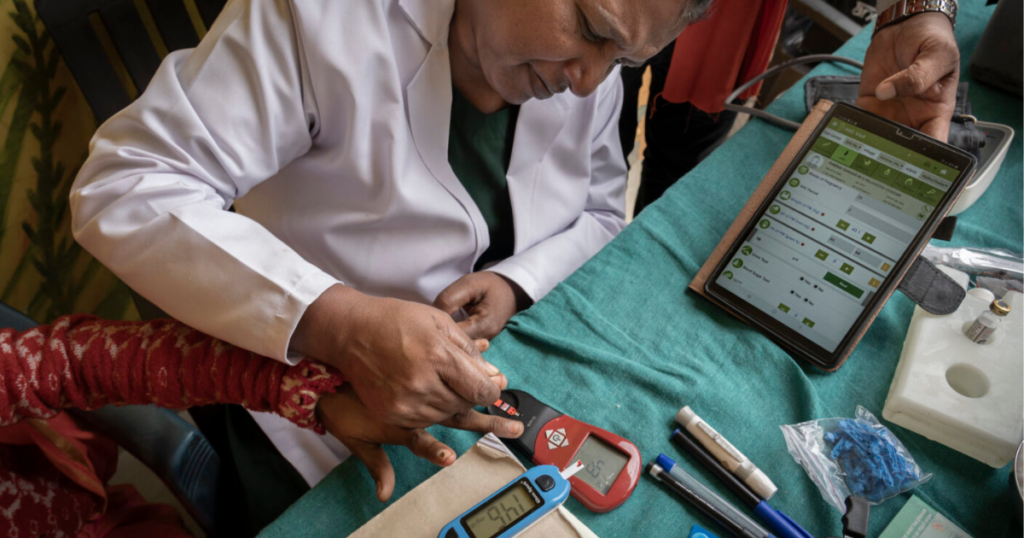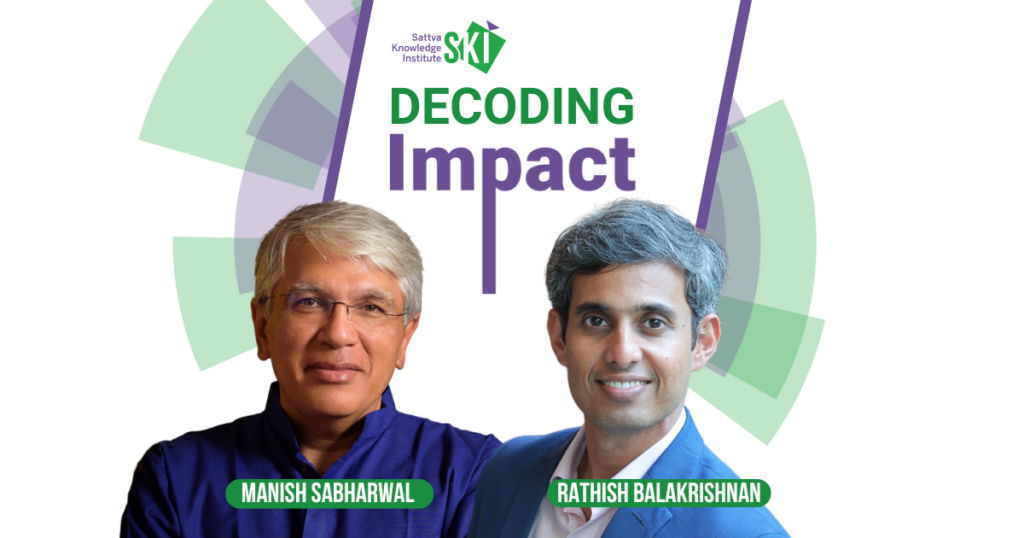India stands third in terms of annual CO2 emissions; decarbonising India’s energy sector is a key solution.
Greenhouse gas emissions, carbon dioxide in particular, are the top contributors to temperature rise. India is the third largest carbon emitter, driven by its power sector that remains dependent on fossil fuels. While renewable energy capacity is being developed at a rapid pace, the associated intermittency and variability challenges limit its actual generation potential; the centralised grid is unable to integrate renewable energy sources at the needed pace. There is a disconnect between renewable energy producers, potential consumers, and services like storage, microgrid, battery banks, demand aggregation, which can help alleviate the challenge posed by intermittency.
While policy action can help reduce emissions, a decentralised energy sector is the way to go.
India has committed to the goal of net zero emissions by 2070. The policy action aimed at achieving that goal, through short and medium-term commitments designed over the last decade, highlight India’s intent to achieve its goal. However, India’s NDCs offer only a 7% emission reduction by 2050. A bottom-up approach mobilising stakeholders across the value chain, ensuring transparency, visibility, trust, and direct participation can help alleviate disaggregation. Fostering decentralised transactions between players of all scale–renewable energy providers, DISCOMs, local prosumers, storage solutions providers, EV service providers, industrial consumers, household users, and so on—is imperative.
Open Networks have the potential to unlock several use cases for a decentralised green energy space.
Open networks have emerged as tangible solutions to address social issues. Drawing upon three key characteristics–interoperable systems, standardised vocabulary, and unbundling of roles–they can facilitate decentralised exchanges for actors across the value chain. Thus, unlocking a dynamic green energy marketplace, open networks can support India meet its renewable energy targets and race towards its carbon neutrality goal.
Contributors: Sohini Dutta, Naaz Narang, Samriddhi Diwan and Abhishek Modi (SKI)
Sujith Nair, CEO and Co-Founder, FIDE and Anirban Sinha, Senior Associate-Open Market Innovations, FIDE




